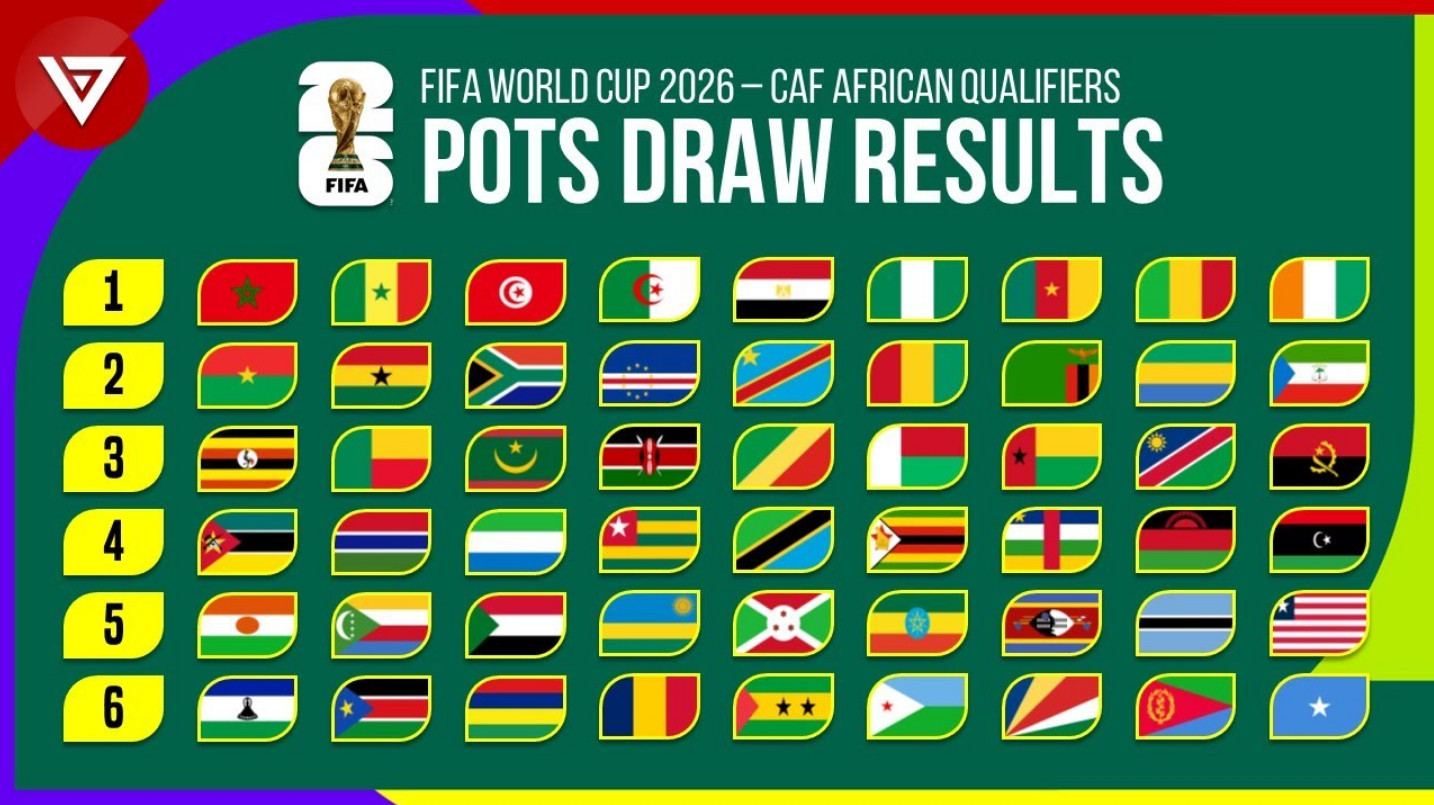England's World Cup 2026 Qualifying Draw: A Surprisingly Easy Path to Victory?
England, Scotland, Wales, and Northern Ireland now know their opponents in the qualifying stages for the FIFA World Cup 2026, to be held in the United States, Canada, and Mexico. The draw, conducted on Friday, December 13th, 2024, revealed some interesting matchups, with the home nations avoiding each other.
England's Group K: A Favorable Fixture?
Thomas Tuchel's England have been drawn into Group K alongside Serbia, Albania, Latvia, and Andorra. Notably, England has never lost to any of these teams. This presents a potentially advantageous path to qualification, particularly given England's historical dominance over some of these opponents. England have only met Serbia once as a single nation, a Euro 2024 group-stage victory secured by Jude Bellingham's decisive goal. Further bolstering England's prospects are their flawless records against Albania (six wins) and Andorra (two wins in qualifying for the Qatar World Cup, with aggregate scores of 4-0 and 5-0, respectively). Latvia presents an entirely new senior-level challenge for England.
Analyzing England's Group K Opponents
- Serbia: A formidable opponent with a blend of current and former Premier League players. While England defeated Serbia 1-0 at Euro 2024, it was a closely fought contest. Serbia will certainly present a stiff challenge.
- Albania: A team that always has the potential to surprise; they finished bottom of their Euro 2024 group but showed some resilience against Spain, Italy, and Croatia.
- Latvia: A new opponent for England at the senior level, and their current FIFA ranking of 140th offers some indication of their strength. However, they should not be taken lightly.
- Andorra: A significantly weaker team, but still a team England will have to overcome. England has a perfect record against Andorra, having outscored them 25-0 across six previous meetings.
The Other Home Nations: A Mixed Bag of Challenges
The other home nations received a more varied draw, with differing levels of difficulty. Wales are set to face Belgium, North Macedonia, Kazakhstan, and Liechtenstein. Their record against Belgium is mixed, including a famous Euro 2016 victory, but four recent defeats suggest an uphill struggle.
Scotland face a more unpredictable group, taking on the loser of the Portugal vs. Denmark Nations League quarter-final, Greece (who recently defeated England at Wembley), and Belarus. Steve Clarke’s Scotland face a Nations League promotion-relegation play-off against Greece in March, before their World Cup qualifying campaign starts.
Northern Ireland are in a group that includes either Germany or Italy, alongside Slovakia and Luxembourg. Given their 40-year absence from World Cup qualification, this poses a significant challenge, despite the later start to their qualifying campaign.
The Republic of Ireland’s draw is similar to Scotland’s, with a fixture against either Portugal or Denmark and a promotion-relegation play-off in March before the qualifiers commence against Bulgaria.
The Road Ahead: From March to November
Qualifying begins in March for five-team groups (such as England’s), with four-team groups starting in September. The finals will feature 48 teams for the first time, with 16 spots allocated to European nations. The journey to the 2026 World Cup is a long one, encompassing five match windows: March, June, September, October, and November. However, teams will not play in every window, with a maximum of eight matches scheduled.
The Tuchel Era Begins: A Cautious Optimism
Incoming England manager Thomas Tuchel acknowledges the challenges ahead, emphasizing the need for seriousness and determination. While England’s group appears favorable on paper, Tuchel correctly highlights the narrowing gap between major and minor nations in recent years. He refuses to take anything for granted, stressing the importance of earning every win. While he plans consultations with Gareth Southgate and Lee Carsley, the start of his era will certainly be scrutinized by fans and critics alike.
A World Cup Dream: Realization or Disappointment?
The 2026 World Cup qualifying journey promises a mix of anticipated victories and unexpected challenges for England and the other home nations. Whether their paths to the tournament will be filled with triumph or disappointment remains to be seen. The coming months will provide a crucial litmus test of the teams’ strength, cohesion, and ability to perform on the international stage. The dream of participating in the expanded 48-team World Cup is within reach, but securing that place requires focused effort, strategic planning, and, above all, performance on the pitch.
The stage is set; the journey begins. Only time will tell who among the home nations will succeed in their quest to reach the 2026 FIFA World Cup.

















